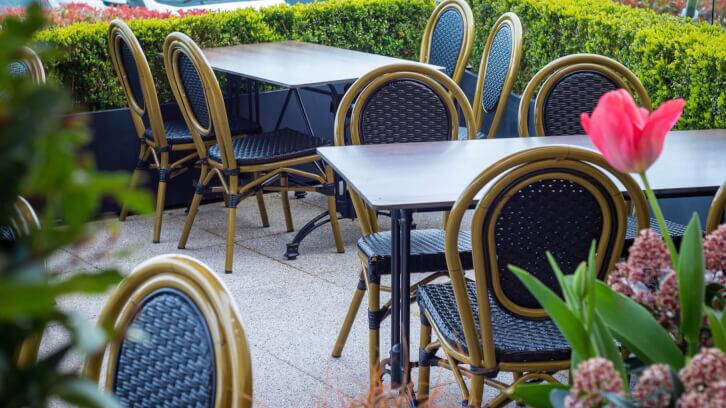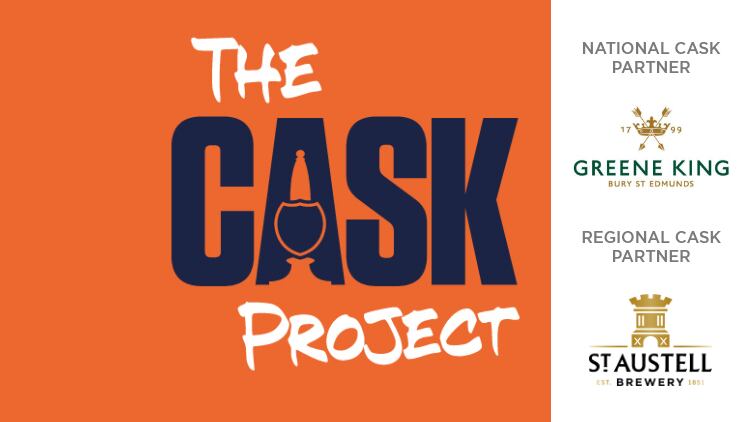This current extension is a temporary stopgap until the Levelling Up and Regeneration Bill is made into law. That bill proposes to make the regime permanent, subject to certain changes for example increasing the fees for an application, the consultation period, and the minimum and maximum durations a pavement licence may have effect.
Fast tracks were initially introduced under The Business and Planning Act 2020 to help the hospitality sector in the wake of the coronavirus pandemic, with the aim to allow businesses in England selling food or drink to obtain permission from the local authority to place furniture such as tables and chairs on the pavement (highway) for customer use more quickly and cheaply than had previously been possible.
Given summer is now in full swing, and customers are in search of venues where they can enjoy food and drink sitting outdoors and in the warmer weather, fast track pavement licences can be a great way to use adjacent pavement areas to create outside dining and drinking spaces to boost trade during the summer.
With this in mind, here are some top tips and things to consider before you start using the space.
Who owns the land?
It might sound obvious, but you must understand who owns the land and whether it is a public highway.
If you own the land, you might not need a pavement licence. If the land in front of your premises is council-adopted (a public highway) which is without doubt the most common ownership, you will need to apply for a fast-track pavement licence before you can put any furniture on it.
If you are unsure, check with your solicitor or local council before placing anything outside your premises.
Who grants the licence?
Pavement licences are granted by your local council and only last for a set period of time (maximum of 12 months under the current temporary regime) unlike many other licences within the trade which are permanent, such as premises licences or personal licences.
You will need to reapply for your pavement licence for each year that you need it and therefore is important to know when your current licence expires so you can apply for a new one in advance of that date. Failure to do so may result in you having to stop using your outside area until you get your new licence, which could have a real impact on your business. And continuing to use an outside area without the relevant permissions may lead to enforcement action.
Check your premises licence
Check your premises licence conditions. Make sure there are no conditions which restrict you from having and serving customers outside. If you wish to serve alcohol to customers seated outside, you need to ensure that you have permission for ‘off-sales’ of alcohol on your premises licence, or alternatively, that the area is shown on your licensed plans. If this is not the case, you will need to apply to vary your premises licence accordingly.
Check the conditions of use for your fast track pavement licence
Make sure you are aware of and comply with the specific conditions that attach to the fast track pavement licence granted by your local council such as a no-obstruction condition that needs to be satisfied and reasonable provision for seating where smoking is not permitted
Do I need planning permission to be granted?
The simple answer is no. The temporary legislative change allows for fast track pavement licences to be granted to place tables and chairs on the highway without requiring planning permission; even where local councils had previously stated that it would.
Furniture
Any furniture that you want to use in the area should be removable for you to gain a pavement licence. To make life easier from an operational point of view, it should be easily removable and stored adequately and safely after closing hours. Note furniture should also be placed in such a way that it does not constitute an unacceptable obstruction.
Maintaining cleanliness
Regularly clean and maintain your outdoor space to ensure a pleasant environment for your customers and to avoid causing a nuisance to neighbours. Consider implementing a cleaning and litter collection schedule and providing proper waste disposal facilities.
Consider neighbours and local residents
Noise problems as a result of outside areas use can lead to enforcement such as noise abatement notices and even a review of the premises licence or risk of the pavement licence itself being cancelled or not renewed. To mitigate against these risks, consider how the use of the pavement area may affect your neighbours and the measures that you can put in place to prevent noise nuisance or disturbance – particularly if you have local residents in the vicinity.
These measures may form part of a site-specific noise management plan for the outside area and may include measures such as signage to remind customers to respect local neighbours and not to cause a nuisance.
Regular staff monitoring of noise levels within the area, as well as provision of contact details for the duty manager in the event neighbours raise any complaints; ensure staff are trained on the implementation of this plan.
Staff training should include how to handle complaints effectively and efficiently; often early proactive action can avoid issues escalating and formal enforcement action being taken, especially in the first instance.
Ensure a record is kept of the policies implemented and training undertaken. In the event your premises is subject to enforcement action then being able to show that before the incident arose you had taken prior steps to implement a robust management policy and train staff will stand you in good stead.




